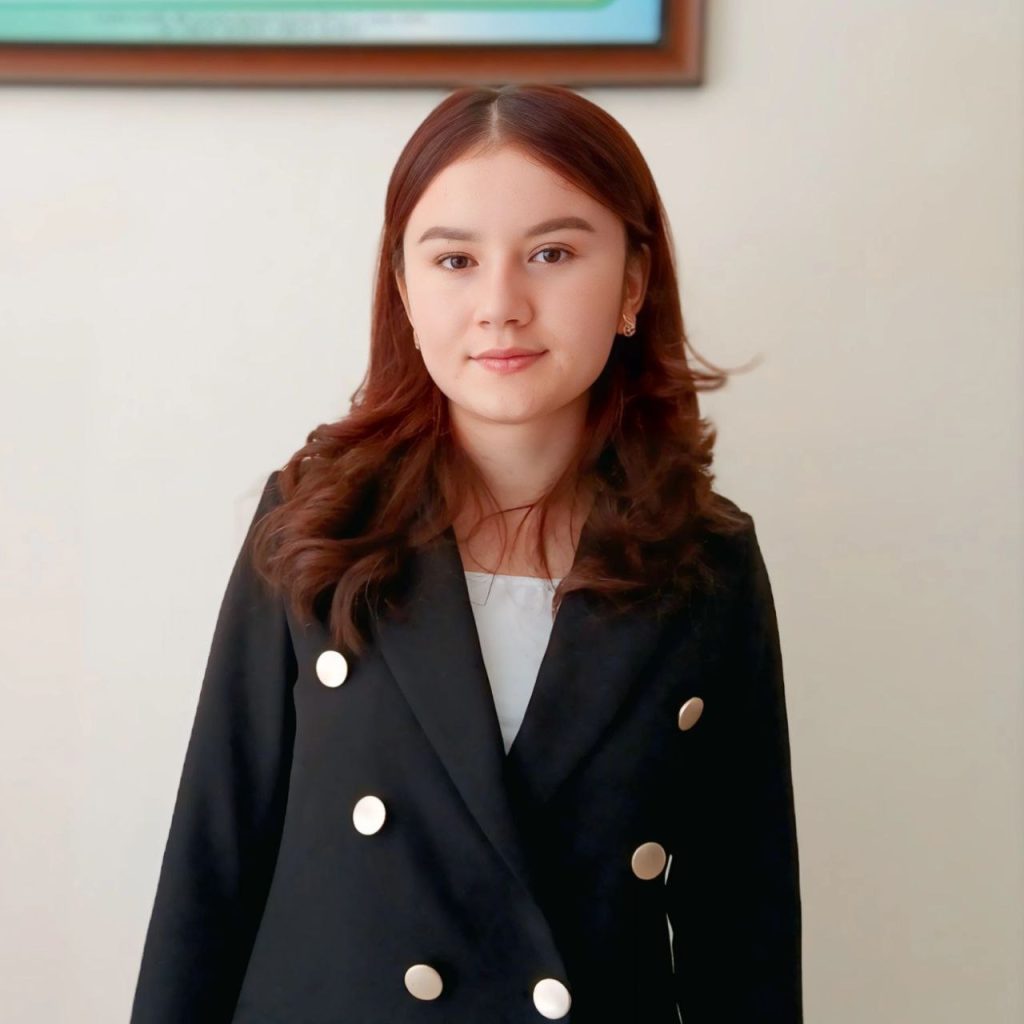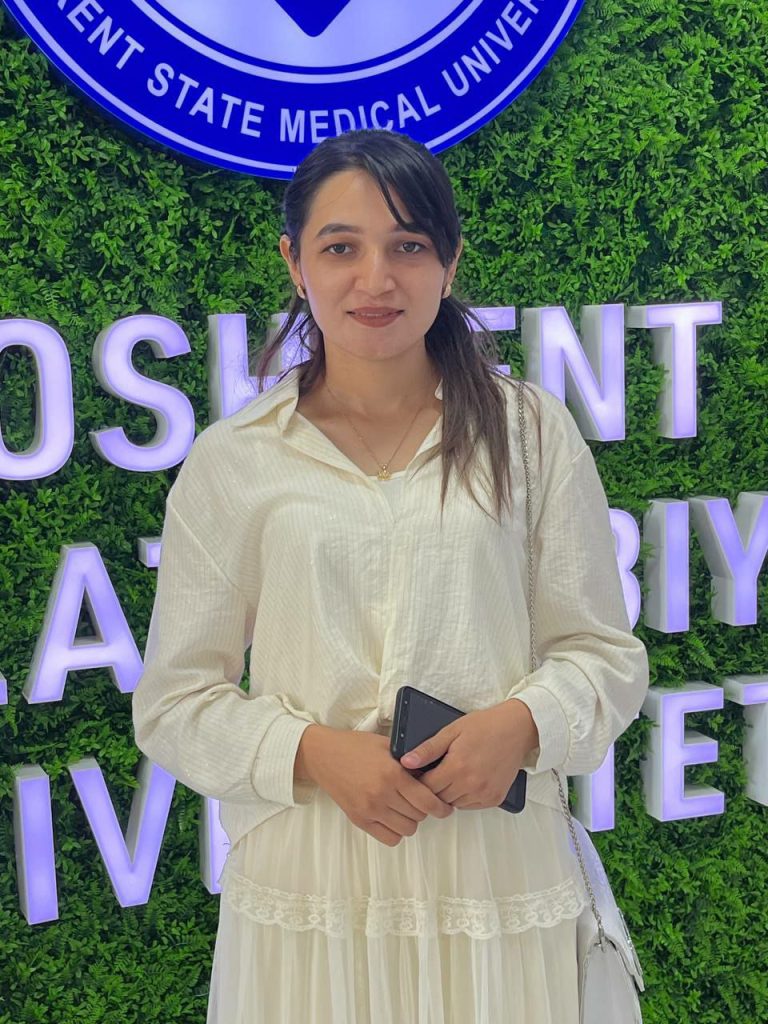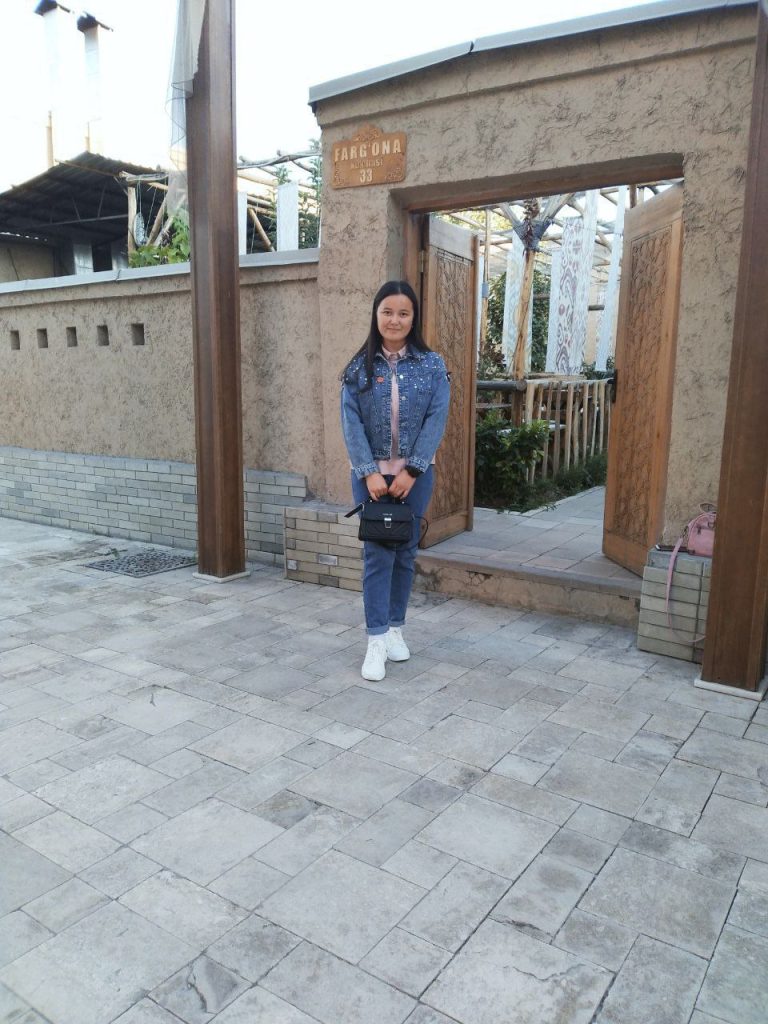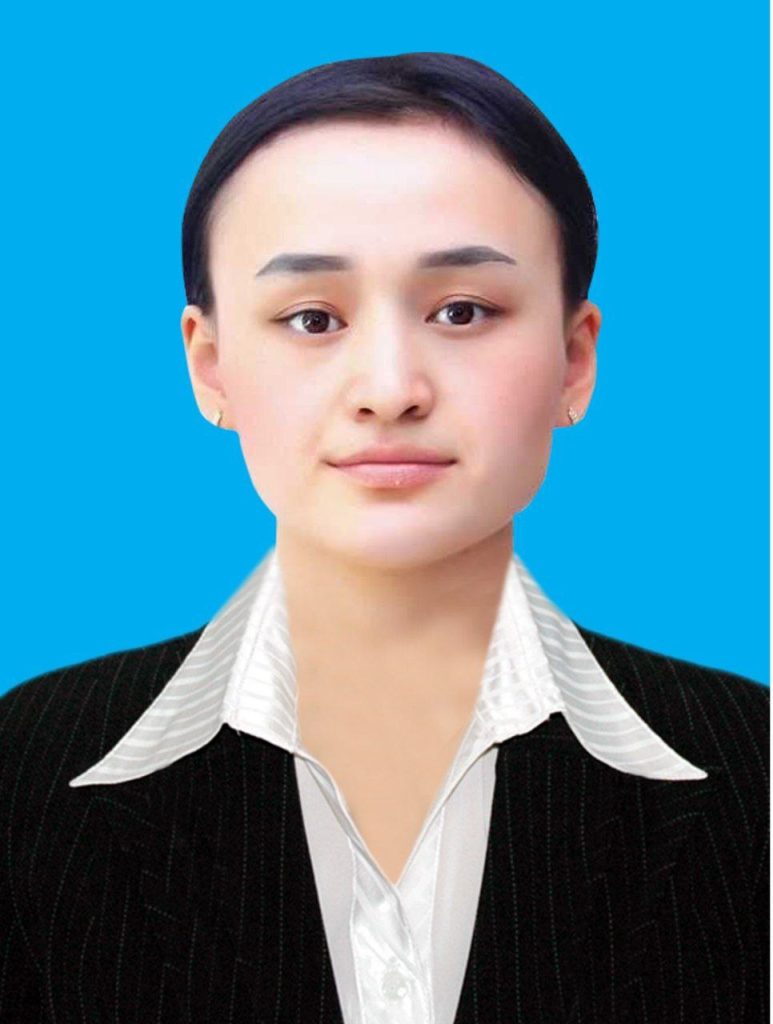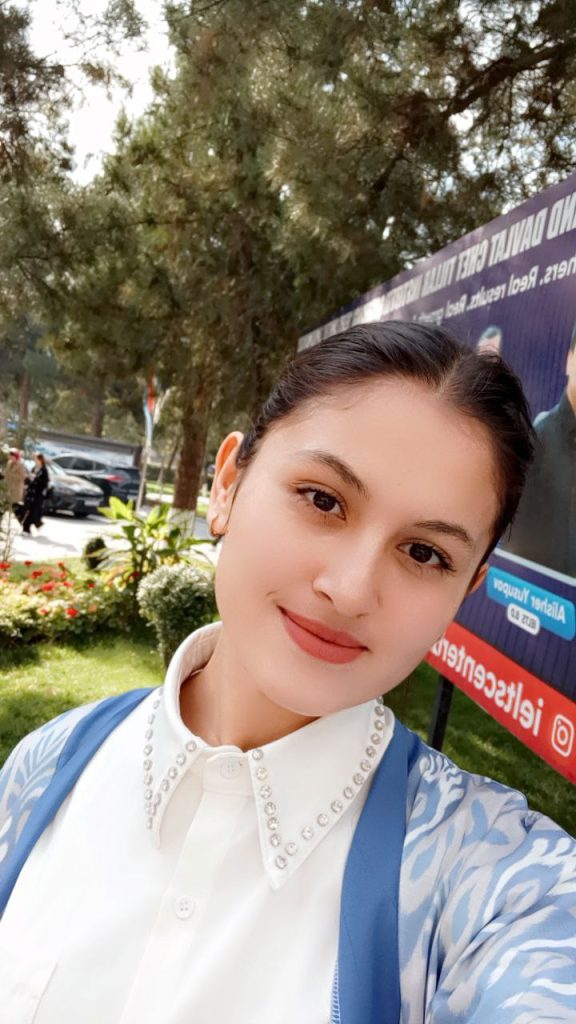
INTERCULTURAL SIMILARITIES AND DIFFERENCES: ANALYSIS OF KOREAN AND UZBEK FUNERAL RITUALS
Nilufar Yoldoshova, SamDChTI, Faculty of Oriental Studies,
Department of Philology and Language Teaching (Korean),
1st year, Group 2502
Abstract:
Funeral rituals of the Korean and Uzbek peoples each possess unique cultural values and traditions of respect for the deceased. However, significant differences exist in both form and meaning. These differences are primarily shaped by Confucianism, Buddhism, and Shamanism in Korean society, and by the combination of Islam and national customs in Uzbek society. Although both cultures emphasize communal unity, deep respect for elders, and honoring the memory of the deceased, the organizational process, symbolic expression, and spiritual interpretation of funeral rituals show notable distinctions. This article explores the similarities and differences between the funeral practices of these two cultures.
Keywords: funeral ritual, funeral hall, memorial table, condolence money, mourning, coffin, shroud
Introduction
A funeral ritual is a ceremony and set of customs associated with burying the deceased. Funeral practices have evolved since the emergence of humanity, influenced by geographic environment, social life, human capabilities, scientific understanding, and worldviews. Even in the Paleolithic period, 40,000–18,000 years ago, burial rituals were performed. Over time, funeral practices became integrated with religious rituals and customs. Every culture has specific forms, rules, and procedures for funerals. Through these rituals, societies bid farewell to their members, preserve their memory, and, according to their beliefs, ensure the peace of the soul. Funerals are not only a time of grief and mourning but also an opportunity to reflect on the meaning of life and reinforce human values.
The main purposes of a funeral ritual are:
Respect for the deceased: This is the final expression of honor and reverence for the deceased.
Gathering and remembrance: Relatives and friends come together to share positive memories and bid farewell.
Compassion: To show the deceased’s close ones that they are not alone and to comfort them in their loss.
Spiritual and religious beliefs: In many religions, funeral rituals represent an important stage for the soul’s transition, purification, or return to God.
Korean Funeral Rituals
In Korean society, the funeral process is not only a farewell to the deceased but also an important cultural event reflecting their religious, philosophical, and social values. These rituals are influenced by Confucianism, Buddhism, and Shamanism, all of which emphasize respect for death as the final stage of human life.
Korean funeral traditions primarily developed under Confucian influence. In Confucianism, filial piety (효, hyo) toward parents and ancestors is the highest virtue. Therefore, children, especially the eldest son or grandson, play a critical role in the burial process. Buddhism emphasizes the rebirth of the soul, while Shamanism involves beliefs connected to spiritual entities and ceremonies.
Historically, funerals were held at home, but today they take place in specialized funeral halls (장례식장, jangnyesikjang) or hospital-associated centers. The “Jesa” ritual involves preparing food for the deceased every day for 49 days after death, reflecting the belief that the soul should not remain hungry. Typically, the funeral lasts three days:
Day 1: Preparing the body for burial (washing, shrouding, placing in position).
Day 2: Receiving guests and conducting condolence ceremonies.
Day 3: Burial or cremation (화장, hwajang).
Key stages of the ceremony:
The body is cleansed and wrapped in a white shroud, then placed before the memorial table (향안) with flowers, candles, and a photograph of the deceased. The chief mourner (상주, sangju), usually the eldest son, is responsible for all organizational duties. Guests bow deeply twice to the deceased and once to the family. Traditionally, only men served as sangju, but today women also participate, reflecting gender equality trends.
Guests give condolence money (부의금, bueuigeum) to support the bereaved family and cover funeral expenses:
Standard amount: 50,000–100,000 WON (approx. $50–100)
Close relatives: 100,000–500,000 WON
Business partners: 50,000–200,000 WON
Commonly: 50,000 WON
Food and beverages, including soju (소주), are served, and guests often remain until evening to provide emotional support. Traditionally, the deceased was buried, but modern cremation (화장, hwajang) has become increasingly common due to limited land resources and environmental considerations. Some families create keepsakes or memorial balls from the ashes to honor the memory of the deceased. Participants wear dark or black simple clothing; historically, families wore special mourning garments (상복, sangbok). Loud voices, jokes, or laughter are considered inappropriate.
Uzbek Funeral Rituals
Uzbek funeral practices have deep historical roots and are primarily shaped by Islamic religion and local customs. These ceremonies serve not only to send off the deceased but also to provide social compassion and spiritual support for their family and community.
Islam is the primary influence on Uzbek funerals, and all processes are carried out according to the Sunni Hanafi school of thought. Additionally, ancient Turkic and Persian cultural practices, such as holding memorial ceremonies on specific days, are observed. The focus is on the soul’s peace and salvation in the afterlife. Funerals usually occur in three main locations: the deceased’s home, mosque, and cemetery. Burial is typically conducted within 24 hours but is not mandatory on the day of death. The one-day ceremony includes washing (ghusl), shrouding, funeral prayer (janaza), and burial. After burial, family and friends recite the Qur’an and prepare a communal meal.
Shrouding: The body is wrapped in a white cloth symbolizing purity and equality.
Funeral prayer (janaza): Performed in the mosque or open space as a final collective prayer.
Burial: The deceased is laid on their side facing the Qibla, and each participant throws soil three times.
Financial support: Guests provide condolence money (sadaqa).
Only traditional burial is practiced; cremation is forbidden under Islamic law. Simple headstones are placed on graves, and elaborate structures are strictly prohibited. Participants wear simple black or white clothing; women cover their heads with scarves. Loud crying or wailing is strictly forbidden, as it may disturb the deceased’s soul.
Post-funeral ceremonies:
3rd day: Qur’an recitation and remembrance
7th day: Family and close relatives gather
40th day: Broader community participation
1-year memorial: Final remembrance
Similarities (despite differences):
Respect for the deceased: Both cultures view the funeral as a way to honor the deceased and fulfill one’s duty.
Family centrality: Close relatives, particularly the eldest son or closest male relative, play an essential role.
Gathering and rituals: Both traditions include communal gatherings (condolence meetings, meals) as part of mourning.
Dress code: Wearing dark or somber clothing is customary in both cultures, with Uzbek attire being modest and Islamic-compliant.
Differences:
Korean rituals are influenced by multiple religions; Uzbek rituals are primarily Islamic.
Korean funerals last three days, whereas Uzbek funerals are completed within 24 hours.
Burial method: cremation is common in Korea, while Uzbekistan strictly practices underground burial.
Commemoration practices: Koreans perform extended ancestral rites, while Uzbeks focus on prayer for the deceased.
Korean ceremonies often emphasize the eldest child’s role, while Uzbek ceremonies involve the entire community.
Financial support: Koreans give “bueuigeum,” while Uzbeks provide “sadaqa.”
Venue: Korean funerals often occur in specialized halls, whereas Uzbek ceremonies are held at home, mosque, and cemetery.
Post-funeral rituals: Korea observes a 49-day cycle, while Uzbekistan has ceremonies on the 3rd, 7th, 40th day, and 1 year.
Conclusion:
Korean and Uzbek funeral practices reflect unique cultural and religious characteristics. Korean rituals emphasize ancestral worship and family traditions, while Uzbek rituals are based on Islamic beliefs and community involvement. In both cultures, funerals honor the deceased and console the bereaved. These rituals are an important part of cultural heritage, passed down through generations.
References:
“Korean Funeral Customs” – National Folk Museum of Korea, 2015
“Death and Funeral Culture in Korea” – Seoul National University Press, Seoul, 2018
“Korean Traditional Culture Series” – Korea University Publishing, Korea, 2020
“Uzbek Folk Rituals” – Academy of Sciences of Uzbekistan, Tashkent, 2017, pp. 156–189
“Islam and Uzbek Traditions” – Muslim Board of Uzbekistan, Tashkent, 2019
“Uzbek National Encyclopedia,” Tashkent, 2021


